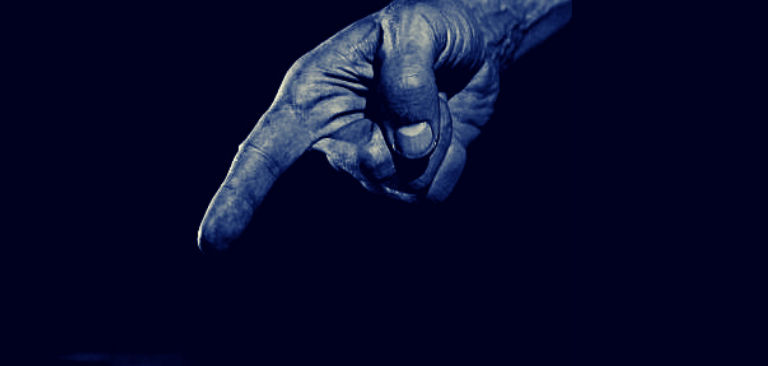The fact-checking industry is trying to impose itself as a de-facto participant in discussions in various countries, as governments consider introducing new regulations that are supposed to suppress “misinformation.”
This is the latest attempt to lend credence and status to these mostly previously unknown to the public murky third-party “fact-checkers,” that Big Tech last year started to turn to in the hope of deflecting some of the criticism that their platforms weren’t properly policed, and that not enough moderation, and censorship, was being applied.
But they may have created a monster, because these groups are now signaling that they want to be treated as relevant actors that can and should participate in policy shaping.
As has been the case of late, the charge towards relevance by “fact-checkers,” who apparently want to be accepted as civil society groups, is led by the Poynter Institute – who own the International Fact-Checking Network (IFCN).
A post on the organization’s website reporting from an IFCN panel cites Peter Bodkin from AAP FactCheck in Australia as saying that “fact-checkers” need to be as vocal and possible, and assert themselves to governments and the public. The latter, Bodkin believes, must be “educated” in order to stop believing that “fact-checkers” are some of the forces behind internet censorship.
Another panel participant, Cris Tardaguila, said that in her native Brazil the government wants to go the opposite route – instead of letting “fact-checkers” have a say in crafting new regulations, the authorities would like to regulate “fact-checkers.”
But, Tardaguila added, the government also has “no clear idea of what fact-checkers do.”
Meanwhile, most internet users don’t even have a clear idea who these organizations are, and in what way and to whom they are accountable.
And while countries like Brazil and Mexico are criticized for not taking “fact-checkers” seriously enough, the EU is said to be more open toward accepting their influence.
Thus we learn from the report that “fact-checking” groups have had their hand in updating the EU’s Code of Practice on Disinformation.













